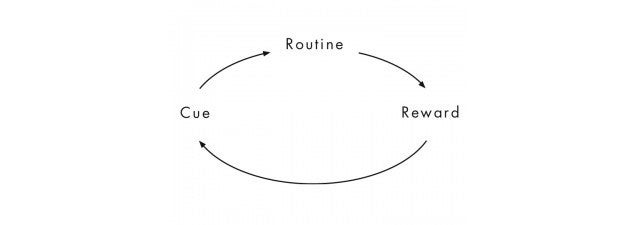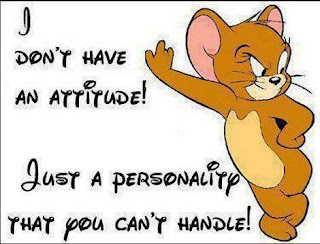The license plate on the truck read Alabama. It could have been any state really. We were stopped at a light on Highway 98. It was a
beautiful day. Summer puff clouds were building,
as they do, into mountainous mounds. The sea
air blew gently through open car windows. An American flag saluted palm trees as sea gulls flew overhead. Then it happened.
A cigarette butt flew out the window of the truck
ahead of me. It hit the ground still smoking. There were no cars in
that lane yet. The light was still red. With oil spills, tender ecosystems, and the ongoing discussion about our
squeaky clean sand, it felt wrong to let that cigarette butt lay there.
It was ridiculous, I know, to be worried about a cigarette butt in a land of
millions of disposable water bottles and plastic throw-away meal containers. The devil is in the details, no? We've
got to start somewhere. I tried to calculate if I had enough time to get
out of my car, walk to the burning butt, pick it up after squishing it, get back to my
car and buckle myself back in before the light changed. I imagined the
looks I wouldn't acknowledge from the truck's passengers.
A car rolled over the cigarette and stopped alongside the truck. I
could still retrieve the butt. I glanced at the light. Was there time? Another car slowed to a stop. The
butt was now crushed and flattened. It would wash into sewers or be blown into someone's piña collada.
It was too late now. I had to
let it go. I wondered why we don't have signs warning of $500 fines for
littering as I've seen on roads in my travels. I imagined how we wouldn't need
such signs if everyone would stop and pick up one piece of paper or discarded
can. How tourists would comment that locals pride themselves on the cleanliness
of their town.
"We have grown accustomed to thinking of ourselves
as separate from creation," says author and theologian Megan McKenna in Harm
Not The Earth. "From a biblical,
but also from an ecological, point of view this position cannot be
sustained. We do not simply live on the
earth, but from it and within it."
When we 'dis' our
planet by discarding toxins into its waters, cutting too many trees,
littering, ignoring recycling, allowing oil wells to leak undersea for years
without repair, or any of the million ways we do so, we and the earth suffer.
"If we take care of the earth, we ourselves are taken care of,"
advises McKenna.
I see you who gather trash unceremoniously during your beach walks, looking for no attention, a cleaner beach their happy
reward. Thank you.
The statistics for animals and plant life are
appalling. It is estimated that 60% of the ecosystems that support life on earth... are quickly being degraded
and depleted.* They are not expected to last until 2050.
Thirty species are lost every day in the world. That means more than ten thousand each year!
In this century alone, more than half of all the known species will be gone.
As I go about my days now, I look for one piece of trash
I can remove. It's not much, but it makes a difference, if not to the
tourists, at least to the beautiful people who live here. Everyone knows
we have a lot to protect. It's not just the sand we like squeaky clean.
* from "To Serve and Preserve," an article by
Ched Myers, quoting David Helton, originally published in Sojourners, March
2004.






